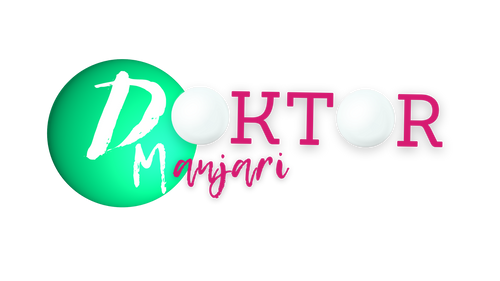1. What Are Autoimmune Diseases?
Autoimmune diseases occur when the immune system mistakenly attacks the body’s own tissues, causing chronic inflammation and damage. Over 80 conditions—including rheumatoid arthritis, lupus, multiple sclerosis, type 1 diabetes, Hashimoto’s, psoriasis, and celiac disease—fall under this category.
2. Causes & Development: A Multifactorial Process
Autoimmunity develops through an interplay of genetics, epigenetic changes, environmental triggers, microbial factors, stress, and cellular-level disruptions.
🔹 Genetic & Epigenetic Factors
- Genetic risk: Family history and specific gene variants raise susceptibility to autoimmune conditions.
- Epigenetic changes: Modifications like DNA methylation and histone alterations regulate immune-cell behavior and may dysregulate tolerance.
🔹 Environmental Triggers
- Pathogens may trigger the immune system via molecular mimicry.
- Exposure to air pollutants, pesticides, and heavy metals may disrupt immune and barrier functions.
🔹 Microbiome & Biodiversity Loss
An imbalanced gut microbiome and reduced exposure to diverse microbes impair immune regulation.
🔹 Barrier Disruption
Damage to epithelial linings (gut, skin, lungs) fosters chronic inflammation and immune overactivity.
🔹 Stress & Immune Dysregulation
Persistent stress elevates inflammatory cytokines (IL‑6, TNF‑α), weakening immune control.
🔹 Cellular & Molecular Breakdown
Mechanisms like “forbidden clones” and epigenetic dysregulation contribute to loss of immune self-tolerance.
3. 🌱 Holistic Lifestyle Management Strategies
3.1 Diet & Gut Care
- Mediterranean & AIP diets: Anti-inflammatory diets focused on whole foods, fiber, and healthy fats.
- 5‑R gut protocol: Remove irritants → Replace nutrients → Re-inoculate with beneficial microbes → Repair lining → Rebalance lifestyle.
- Elimination & re-challenge: Personal dietary strategy to identify triggers.
3.2 Physical Activity
Gentle, consistent exercise supports mobility, mood, and immune balance.
3.3 Sleep & Circadian Rhythms
Maintain 7–9 hours of quality sleep nightly for optimal immune recovery.
3.4 Stress Reduction
Mindfulness, yoga, journaling, and social support help control inflammation.
3.5 Avoiding Toxins
Quit smoking and limit pollutants and chemicals to protect your immune and epithelial health.
3.6 Nutrient Support
Ensure adequate intake of vitamin D, omega‑3s, zinc, selenium, magnesium, and pre/probiotics.
3.7 Emotional & Social Well-being
Strong social ties and emotional resilience reinforce immune and mental health.
| Domain | Key Actions | Benefits |
|---|---|---|
| Diet & Gut | Whole foods + 5‑R | Reduces inflammation, repairs gut, balances microbiome |
| Exercise | Daily gentle movement | Improves joint health, energy, mood |
| Sleep | 7–9 hrs, consistent | Enhances immune recovery |
| Stress | Mindfulness, support | Lowers inflammation triggers |
| Toxins | Smoke-free, reduce chemicals | Protects barriers, supports immunity |
| Supplements | Targeted nutrients & probiotics | Boosts immune regulation |
| Connection | Relationships, therapy | Reinforces emotional & immune wellness |
4. 🧘 Homeopathic Individualized Care
A homeopathic practitioner selects remedies based on each person’s complete symptom profile. Common remedies include:
- Rhus Toxicodendron — for stiffness relieved by movement
- Bryonia alba — for pain worsened by motion
- Arsenicum Album — for anxiety, digestion issues, fatigue
- Apis Mellifica — for redness, swelling, burning
- Natrum Muriaticum — for emotionally-driven symptoms
These remedies are best used under professional guidance alongside medical treatments.
5. ⚠️ Disclaimer
This article is for educational purposes and does not replace professional medical advice. Consult your healthcare provider before making changes to your diet, supplements, or treatments.

